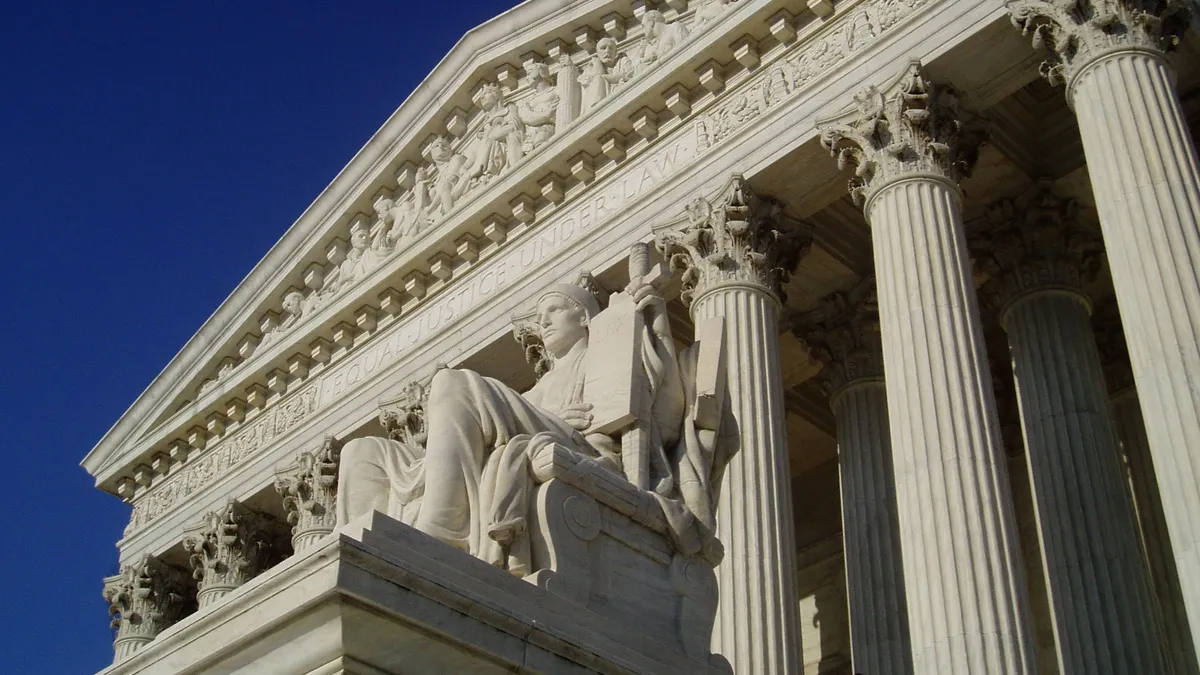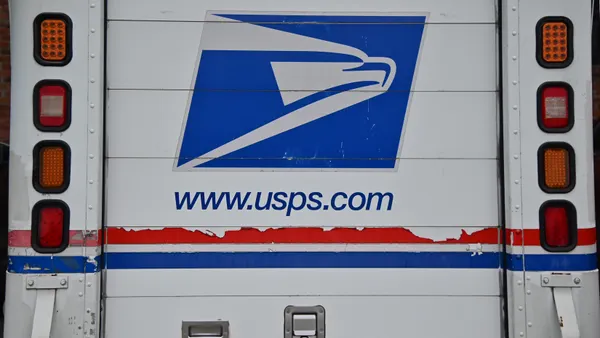Dive Brief:
- The U.S. Supreme Court declined Feb. 24 to take up the appeal of a former Walgreens customer care representative who alleged the company failed to accommodate his religious practices (Patterson v. Walgreen Co., No. 18–349 (U.S. Feb. 24, 2020)).
- The petitioner's appeal arose from the 11th Circuit U.S. Court of Appeals, which upheld summary judgment for Walgreens. Associate Justice Samuel Alito, in a concurring opinion for the High Court, wrote that the case raised two "important" issues regarding the Supreme Court precedent on religious discrimination protections under Title VII of the Civil Rights Act of 1964: 1) "whether Title VII may require an employer to provide a partial accommodation for an employee’s religious practices even if a full accommodation would pose an undue hardship"; and 2) "whether an employer can show that an accommodation would post an undue hardship based on speculative harm."
- Alito noted, however, that the case "does not present a good vehicle" to examine those questions. "I therefore concur in the denial of certiorari, but I reiterate that review of the [issue] should be undertaken when a petition in an appropriate case comes before us," he said.
Dive Insight:
The Supreme Court established the precedent to which Alito referred in a 1977 case, Trans World Airlines v. Hardison. The court, according to Alito, held that Title VII does not require an employer to make any accommodation for an employee's practice of religion if doing so would post more than a de minimis burden.
Alito noted that the court received input on Patterson from U.S. Solicitor General Noel Francisco. Francisco pointed to several issues with the Hardison precedent, namely that the court's reading in that case does not represent the most likely interpretation of an "undue hardship," nor did the parties to the case focus on the meaning of the term. Furthermore, neither party to Hardison advanced a de minimis position. "I thus agree with the Solicitor General that we should grant review in an appropriate case to consider whether Hardison's interpretation should be overruled," Alito said.
In recent years, courts have ruled on occasion that requests for time off to accommodate religious practice posed an undue hardship to an employer. This includes a decision weeks ago from a Wisconsin federal district court, which held that a Walmart assistant manager's request to have Saturdays off to observe the Sabbath posed an undue hardship because it meant the store would lack management coverage on those days.
Federal courts have also noted that employees are not entitled to their religious accommodation of their choice. In 2018, for example, the 11th U.S. Circuit Court of Appeals granted summary judgment in favor of an employer that did not provide a truck driver's preferred accommodation to attend Sunday church service.
Employers covered by Title VII must reasonably accommodate an employee's religious beliefs or practices unless doing so would present an undue hardship on the employer's operation of its business, according to the U.S. Equal Employment Opportunity Commission. Discrimination may also occur if employers apply a neutral policy that excludes a protected class of employees, experts previously told HR Dive.













